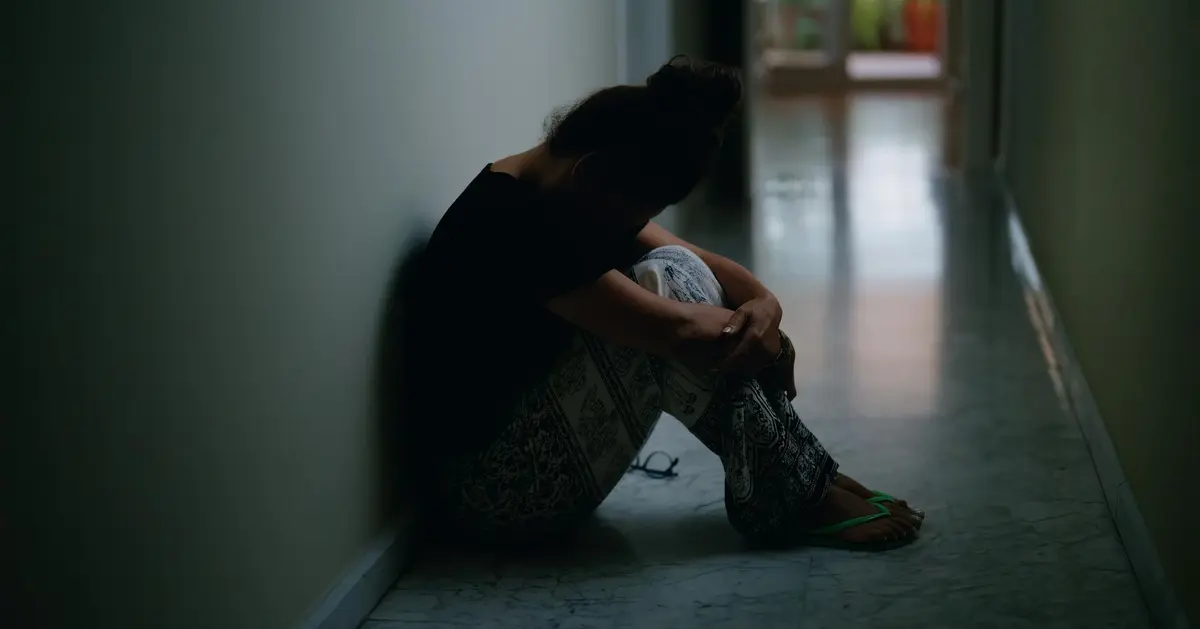This article was reviewed by Dr Renee Tan Huey Jing.
Many people believe that depression is just ‘unhappiness’ or ‘a bad mood’ and that they can recover simply by having a more positive outlook. In reality, however, depression is a complex illness with a fundamental difference from ordinary low moods. Without a correct understanding, this could lead to a delay in treatment.
So, how do we differentiate between an ordinary low mood and clinical depression?
Common Symptoms of Depression: More Than Just a Mood Issue
Depression doesn’t just affect a person’s mood; it can also impact their body, thoughts, and behaviour. The following are some key symptoms that can help you with a preliminary assessment.
1. Persistent Low Mood
Ordinary sadness is usually temporary and has a clear cause, such as a setback at work or an argument with a friend. In contrast, the low mood of depression is persistent, lasting for weeks or even months. A person with depression may feel empty or numb and have no interest in anything.
2. Loss of Interest and Pleasure (Anhedonia)
This is a classic symptom of depression. You may find that things you used to love, such as listening to music, watching films, or socialising with friends, no longer bring you any joy. This loss of feeling is all-encompassing.
3. Changes in Sleep and Appetite
Depression can severely affect physical function. You may suffer from insomnia (difficulty falling asleep, early waking) or hypersomnia (sleeping too much). Your appetite may also change, leading to either overeating or a complete loss of appetite, which in turn causes significant weight gain or loss in a short period.
4. Physical Fatigue and Low Energy
Even without physical exertion, a person with depression may feel extremely tired and lack energy. Simple daily tasks like getting out of bed, showering, or brushing your teeth can become incredibly difficult.
5. Negative Thinking and Self-Blame
Individuals with depression often fall into a cycle of self-doubt. They may experience strong feelings of self-blame, helplessness, and guilt, feeling worthless or like a burden to their family. In severe cases, they may even have suicidal thoughts.
How to Perform a Self-Assessment
If you suspect you may have depression, you can ask yourself the following questions. Remember, this is only a preliminary self-assessment and cannot replace a professional medical diagnosis.
- In the past two weeks, have I felt low, sad, or hopeless?
- Have I lost interest or pleasure in most activities?
- Have my weight or appetite changed significantly?
- Do I frequently have trouble sleeping or do I sleep too much?
- Do I feel fatigued and have a severe lack of energy?
- Do I feel worthless or have a strong sense of guilt?
- Have my ability to concentrate, remember things, or make decisions declined?
- Do I feel restless, or have I become slower in my movements?
- Have I ever had thoughts of suicide or self-harm?
If you answered “yes” to most of these questions, or if these symptoms are significantly affecting your daily life, work, and relationships, it is strongly recommended that you seek help from a professional therapist or doctor.
Summary: Seeking Professional Help is Key
Depression is not a problem that can be solved just by ‘thinking positively’; it is an illness that requires professional treatment. If you or someone you know is experiencing the symptoms mentioned above, please don’t hesitate to bravely seek help. Correct identification and timely treatment can effectively help people overcome their difficulties and start a new life.
Sources
- American Psychological Association (APA) , Patient Health Questionnaire-9 (https://www.apa.org/depression-guideline/patient-health-questionnaire.pdf)
The information provided in the articles is intended solely for educational purposes and is not a substitute for professional medical advice, diagnosis, or treatment. Always seek the guidance of a licensed healthcare professional if you are feeling unwell or have any medical concerns.
This article was reviewed by Dr Renee Tan Huey Jing.
Dr Renee Tan Huey Jing is a highly experienced psychiatrist in Malaysia, specialising in mental health and psychiatric disorders. She has extensive expertise in treating conditions such as post-traumatic stress disorder (PTSD), major depressive disorder, childhood trauma, and anxiety disorders.
Dr Tan pursued her medical degree at the Royal College of Surgeons in Ireland (RCSI) from 2002 to 2006, earning an MB BCh BAO qualification. Her passion for psychiatry led her to further her studies, obtaining a Master’s degree in Psychological Medicine from the University of Malaya in 2015.
Disclaimer: 365Asia aims to provide accurate and up-to-date information, our contents do not constitute medical or any professional advice. If medical advice is required, please consult a licensed healthcare professional. Patient stories are for general reading. They are based on third-party information and have not been independently verified.



